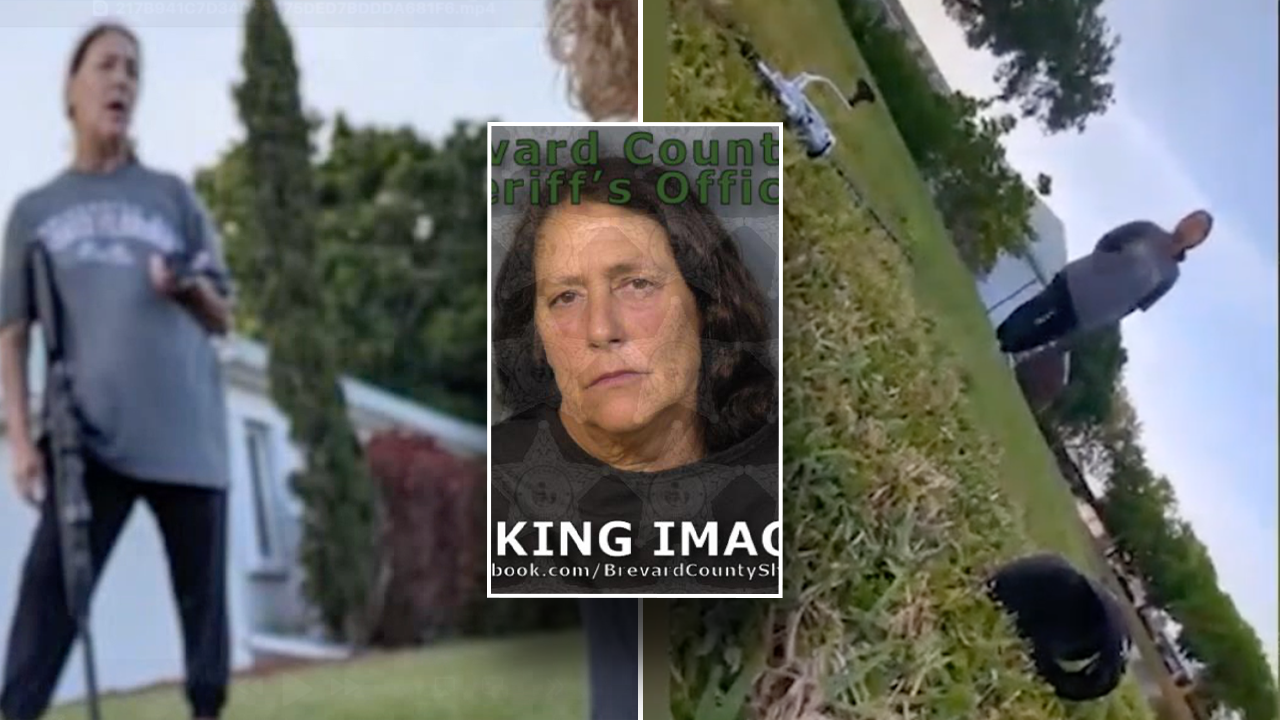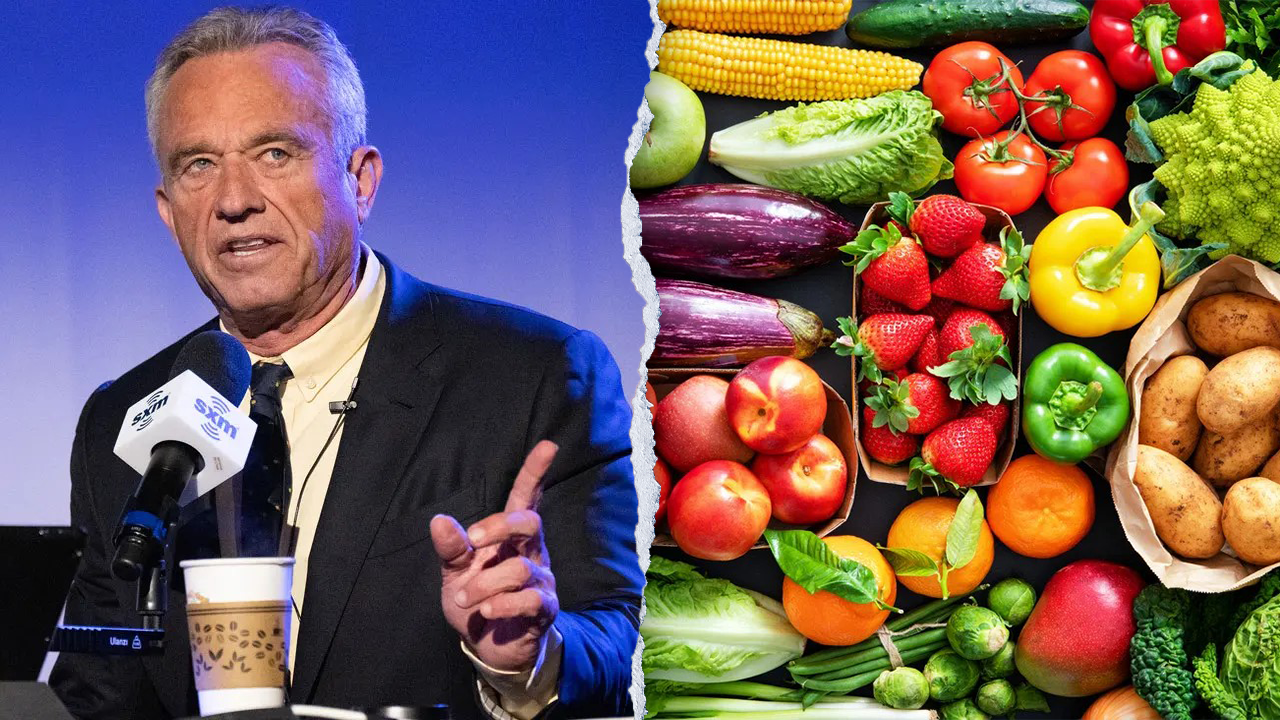At just 11 months old, Drew Barrymore was already center stage, on set as the baby star of a puppy food commercial. It was just the beginning of a life in the spotlight, one that came with its share of mental health and substance use struggles, known as co-occurring disorders.
“I was a child lost in a world of adult vices, trying to find my way back to innocence,” Barrymore, now 50, wrote in Wildflower, her 2015 New York Times best-selling book. “Addiction was my escape, but it also became my prison.”
Her adorable turn as Gertie at age 7 in the beloved E.T. the Extra-Terrestrial put her on the big screen in a way that made audiences feel like she was part of their family. While she loved the stability she experienced on the set under the watchful eye of director Steven Spielberg — who would become her godfather at her request — her real life was chaotic. By age 8, she was a regular at Studio 54, the New York City nightclub known for open substance use and partying. She had her first drink at age 9. She was using cocaine and marijuana by age 12, and at 13 she was forced into rehab by her mother. Barrymore eventually emancipated herself to live in an apartment on her own at 15.
Now the mother of two daughters, ages 10 and 12, Barrymore has been sober since at least 2019, openly sharing details of her substance misuse on her popular talk show, The Drew Barrymore Show, now in its sixth season on CBS. Talking about her struggles with substance use and mental health is essential, she says, and something she learned in rehab. “What the institution taught me was that if you sit around and you discuss things and you don’t sweep them under the carpet, it will get better,” she told Us Weekly in a recent cover story. That candor is something she’s brought to her show in full force.
“I learned that recovery is a lifelong journey, and it’s OK to ask for help,” Barrymore shared in one episode. “It’s brave to admit when you need support.” Being open and vulnerable about her own journey was also part of a show segment with a guest discussing substance misuse. “Every time we share our story,” Barrymore said, “we help break the stigma. It’s important to talk about these struggles.”
It’s a theme she’s embraced as she continues to share her stories. “I realized that acknowledging my past is the first step toward healing,” she wrote in a Wildflower passage. “I am not defined by my struggles, but I carry the lessons with me.”
Digging deeper into the reasons that she turned to alcohol was an important part of her decision to become sober, she says. “I think I was focused on the substances, but what finally hit me in my early forties was that I needed to focus on the behavior,” Barrymore says. “That was the big revelation to me. My behavior being: I wanted to escape my pain, numb my pain, feel the highs of the invincibility of what alcohol did for me, when I didn’t realize the chemical warfare that it was causing the next day and the next day.”
Ultimately, she chose to stop drinking because it was getting in the way of doing the things she wanted to do — like her show — but she quickly realized she also needed to address her mental health. “Again, when I cut out just simply alcohol, I still had so much work to do,” she says.
Removing the substance from a person’s life is only one part of addressing the overall issue of substance misuse. Understanding co-occurring disorders has to be part of the solution. Says Barrymore, “I think it is all inextricably linked.”
To learn more about identifying and treating co-occurring disorders and how to help yourself and loved ones, read all our coverage in Us Weekly and the harris project’s The Missing Issue, on newsstands and online now.
To purchase The Missing Issue for $8.99 go to https://magazineshop.us/harrisproject.
If you or someone you know is struggling with mental health and/or substance use, you are not alone. Seek immediate intervention — call 911 for medical attention; 988 for the Suicide and Crisis Lifeline; or 1-800-662-HELP for the SAMHSA (Substance Abuse and Mental Health Services Administration) National Helpline. Carrying naloxone (Narcan) can help reverse an opioid overdose.
Read the full article here















